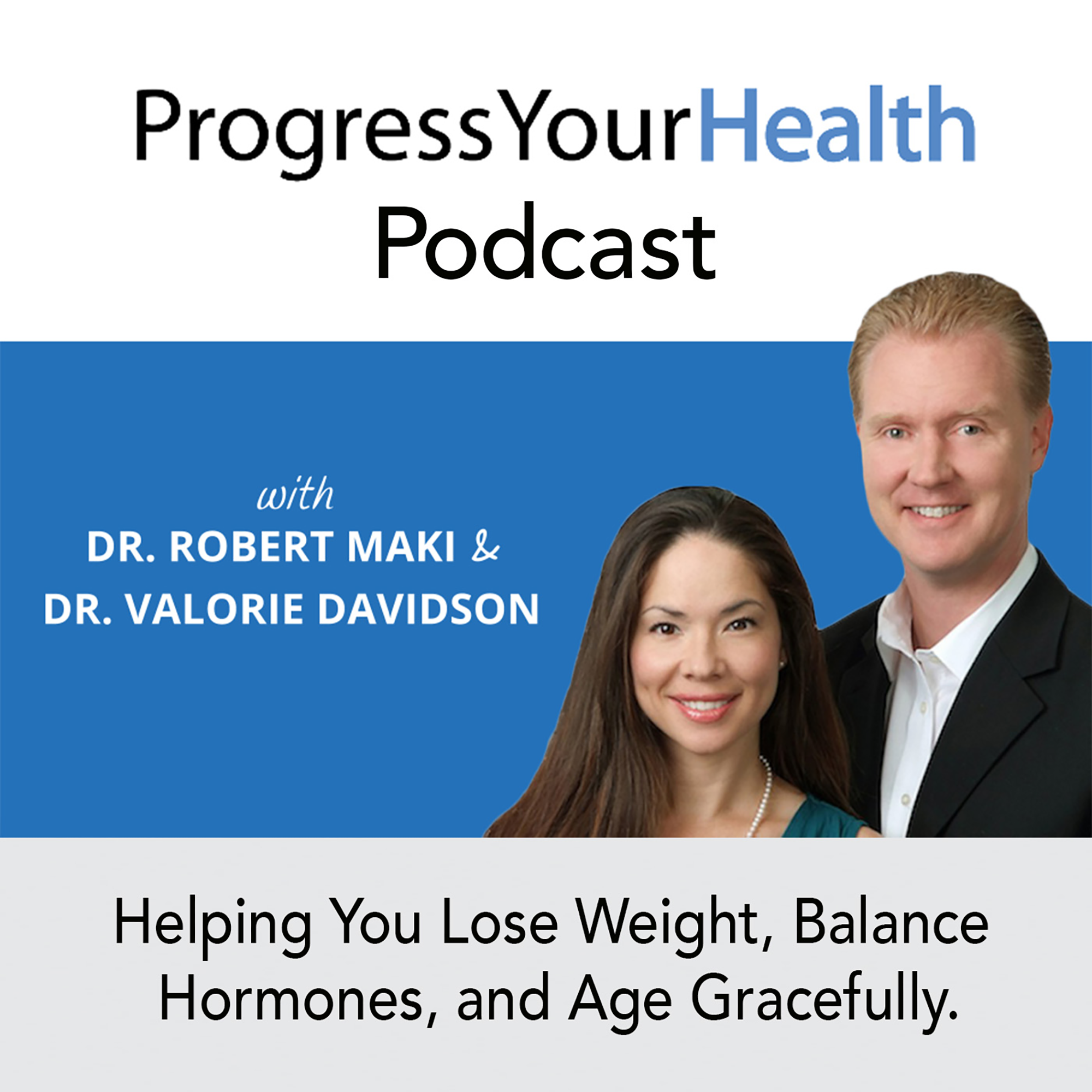Perimenopause vs Menopause | PYHP 057

b'It is common to mistake perimenopause for menopause and vice versa.\\xa0 Labs can be misleading. Doctors can be misleading in your concerns about whether you are in perimenopause vs. menopause.\\xa0 Even symptoms can be misleading. In this article, I am going to explain the differences between perimenopause and menopause.\\xa0 As well as information to help you determine which hormone phase you are in at the moment.\\nBoth perimenopause and menopause can start between 35 to 50years old.\\xa0 As the word states, perimenopause starts before menopause. While that might seem obvious, sometimes it is hard to differentiate between them.\\xa0 I have had many patients tell me they are in menopause but are really in perimenopause. You might be asking, \\u2018why is it a big deal to know the difference?\\u2019.\\xa0 That can come down to the treatment. Treating a woman for menopausal symptoms when she is in perimenopause can not only be ineffective. But can make the symptoms worse as well as new symptoms.\\nPerimenopause usually starts in the mid-\\u201940s, but I have seen it as early as the early \\u201930s.\\xa0 The average age of menopause is 51 years old, but I have often seen it occur in the mid-\\u201940s. So while it seems that perimenopause and menopause can overlap, there are distinctions in the symptoms.\\nSome distinctions between perimenopause and menopause: I will try to be as comprehensive as possible. Here are the most common differences in symptomatology between perimenopause and menopause.\\nPeriods:\\nIn perimenopause, if you still have your uterus, then you will be having a period.\\xa0 The periods can change from your \\u201cnormal.\\u201d But you will still be having a regular period.\\xa0 What you might notice are periods might be heavier, longer, more spotting, more cramping. Often this can lead to low-iron/anemia.\\xa0\\xa0\\nThis is the time that women find out that they have fibroid(s).\\xa0 Fibroids are benign growths in the uterus and during perimenopause can become \\u201cactive,\\u201d causing cramping, heavier periods and more spotting.\\xa0 This is usually the time women will get a hysterectomy. The periods are so \\u201coff\\u201d that most doctors only recommend a hysterectomy. Now that might correct the period \\u201cissues.\\u201d\\xa0 But it does nothing for the other symptoms.\\xa0\\xa0\\xa0\\xa0\\nIn menopause, the periods become less frequent.\\xa0 Might miss one or many months at a time. The period that you do have can come at any time. They might be light one month and then four months later a heavy, painful period.\\xa0\\xa0\\nHot Flashes and Night Sweats:\\nIn menopause, you will have lots of hot flashes and night sweats.\\xa0 But the distinction here is, in perimenopause you don\\u2019t have daytime hot flashes. But you will have night sweats, really bad night sweats.\\xa0 The night sweats in perimenopause usually happen anywhere from 7 to 10 days before your period. But once you get your period, the night sweats go away.\\xa0\\xa0\\nMood:\\xa0\\nIn perimenopause, you are much more irritable than in menopause.\\xa0 That is one of the most common complaints in perimenopause. Short-fuse, low tolerance, very little patience for even minor offenses.\\xa0 The impatience and overwhelmed wound up feeling is not seen as much in menopause as it is in perimenopause.'